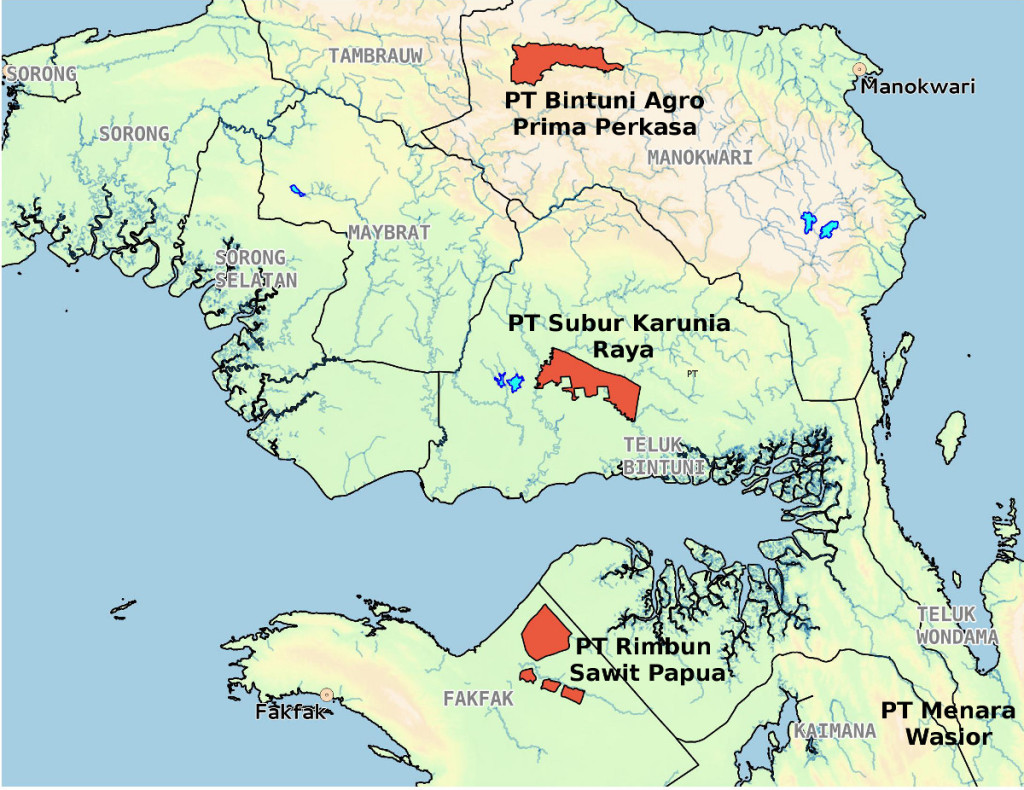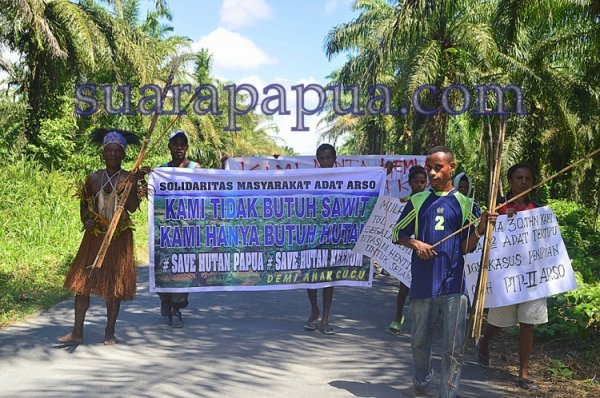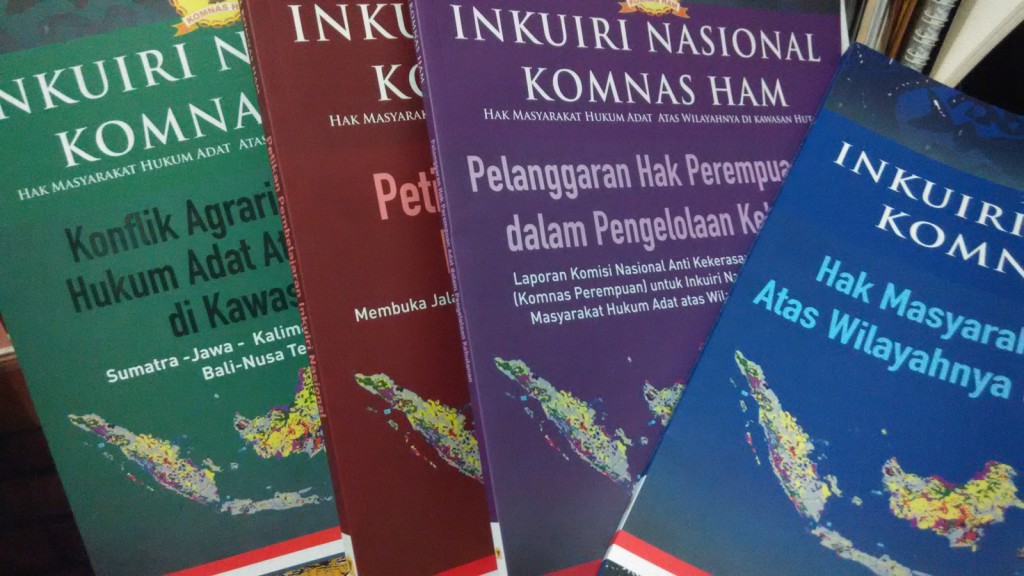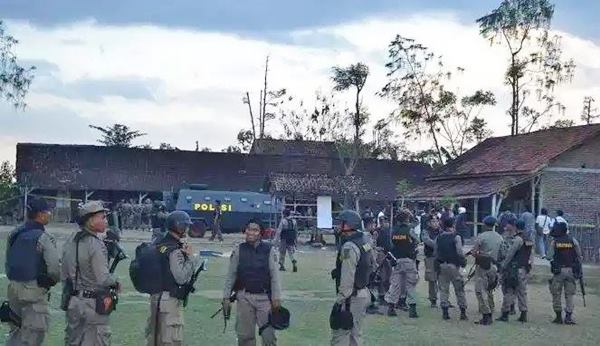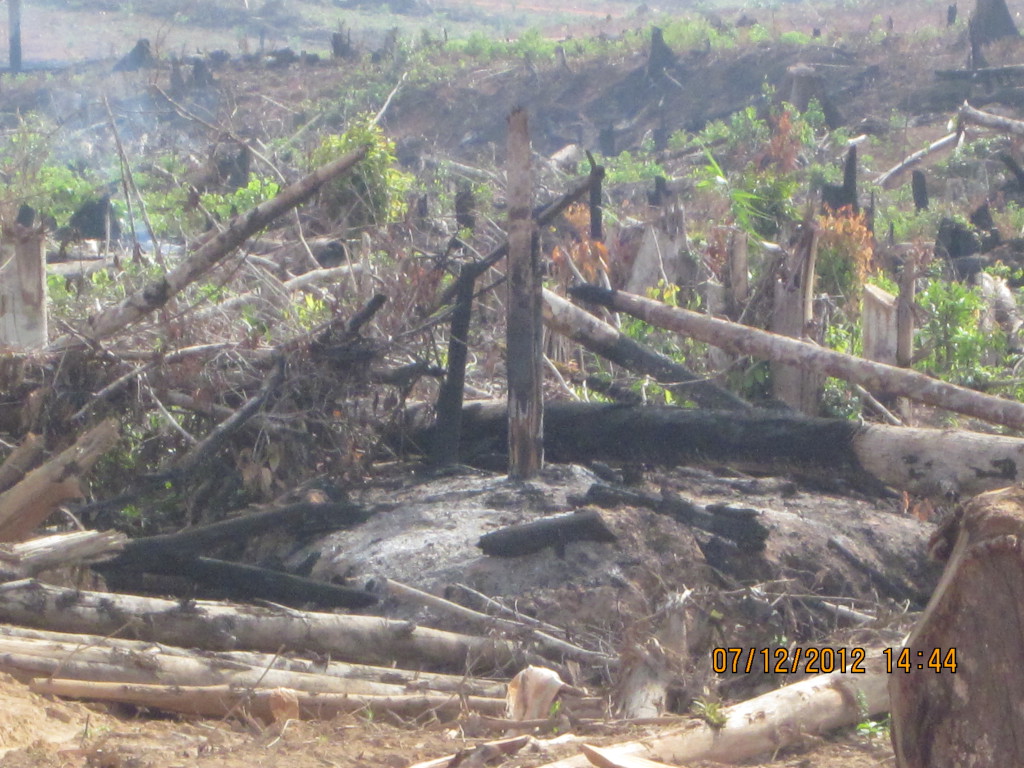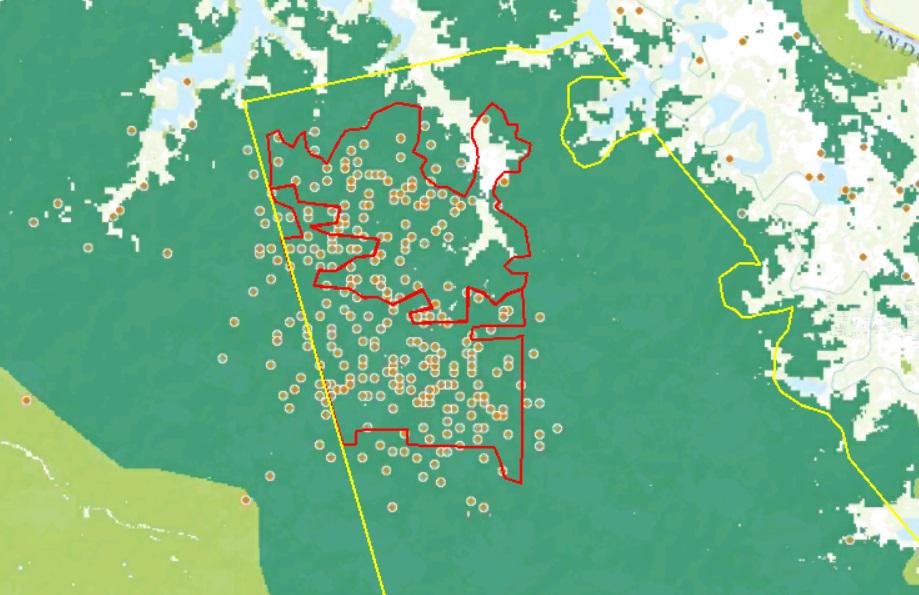There is strong evidence that the Salim Group has been acquiring and starting to develop oil palm concessions in West Papua province, which could result in the conversion of 117,000 hectares of forest and grassland to oil palm.
The Salim Group is one of Indonesia’s biggest business conglomerates and it’s main agribusiness division, Indofood Agri Resources, is the third largest private producer of crude palm oil. (( https://d3n8a8pro7vhmx.cloudfront.net/rainforestactionnetwork/pages/14786/attachments/original/1442856231/Full_Report_Palm_Oil_Sustainability_Assessment_of_Indofood_Agri_Resources.pdf?1442856231 )) Although many other major producers such as Musim Mas, Wilmar and Sinar Mas have all cancelled expansion plans in Papua after signing up to commitments to avoid deforestation and peatland development, the Salim Group has made no such pledge.
Four plantations in West Papua province are thought to be linked to the Salim Group, some of which are already operational. Work started on PT Rimbun Sawit Papua towards the end of 2015 and environmental groups also believe that another company PT Subur Karunia Raya has established an oil palm nursery. A third concession, PT Bintuni Agro Prima Perkasa, has reportedly planted an area of food crops to win the support of local indigenous people. The last company, PT Menara Wasior, is still engaged in the permit process.
Examining the deeds for these four companies shows they are all registered to addresses associated with the Salim Group, and many of their directors have experience working for other Salim Group companies. However, none of them have been incorporated as subsidiaries of Indofood Agri Resources (Indo Agri) which is listed on the Singapore stock exchange, nor any other publicly-traded Salim Group company (Jakarta-listed IndoAgri subsidiaries Salim Ivomas Pratama or London Sumatra, or Hong Kong-listed parent company First Resources).
A strong possibility is that these plantation companies are held by shell companies under the ultimate control of Salim Group boss, Antoni Salim. The group is known to hold plantation assets outside the publicly-listed companies, which have previously been incorporated into the main company.
Indo Agri is less exposed to international market pressure to cut deforestation out of supply chains than many other companies as it has a strong domestic market in Indonesia through its link to Salim Group food and supermarket businesses. Nevertheless, Indo Agri makes an attempt to maintain an image of being a responsible company: it has joined the Roundtable on Sustainable Palm Oil (RSPO) and publishes detailed sustainability reports. However, if the same corporate group uses an non-transparent ownership structure to shield a set of plantations which would not meet the RSPO’s environmental and social criteria, then these initiatives are clearly just greenwashing.
Here’s a short description of each of the plantations and a summary of the evidence linking their ownership to the Salim Group: Read More

